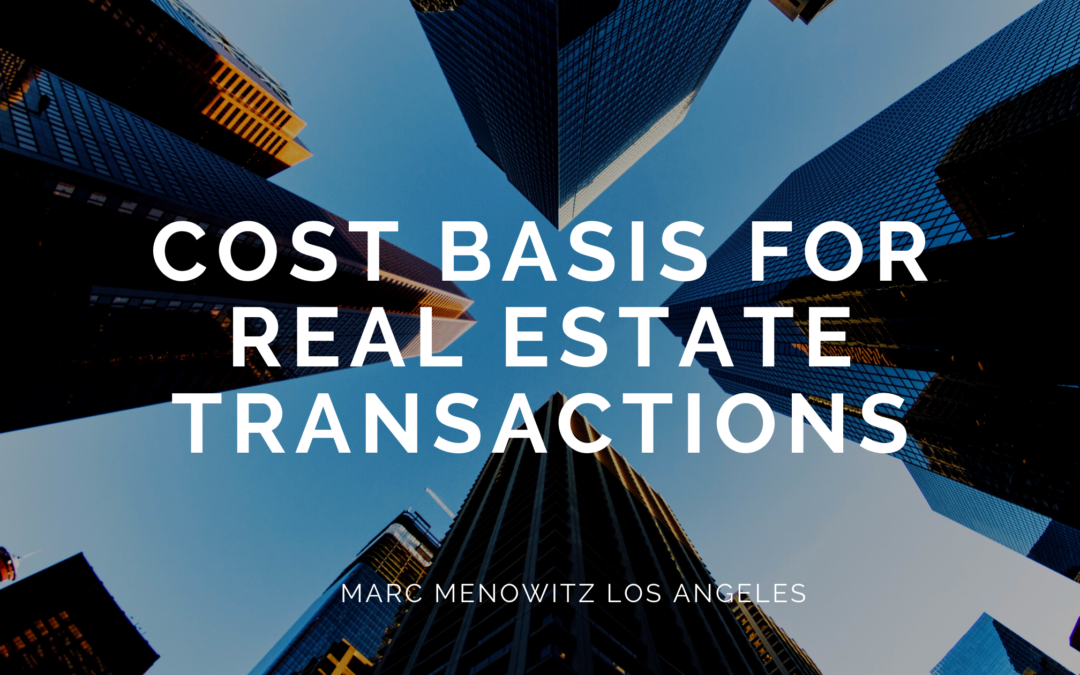As with any investment, the cost basis of your real estate purchase is an important consideration when deciding whether or not to sell your home. Since the potential tax consequences could be critical, it is important to fully understand the implications of your cost basis.
Initial Purchase Price
A useful comparison for understanding real estate cost basis is traditional company stock. Investors who purchases shares of a particular stock or mutual fund hope to see the price per share increase over time. When the investor sells accumulated shares at some point in the future, they will recognize the profit, called earnings, from selling at a higher price than they paid. The average price per share is their cost basis.
There is no average price paid for a home, since there is only one true purchase price. The original purchase price is the cost basis and is not impacted by mortgage points, home equity loans or refinancing opportunities. Although financing aspects will not impact the cost basis, some home improvements and remodeling efforts could provide benefit to homeowners.
Renovations and Depreciation
The Internal Revenue Service (IRS) outlines a number of ways that homeowners can reduce their annual tax liability. A full list of guidelines, options, and restrictions can be found in the IRS Publication 523.
Certain renovations, such as those that reduce carbon footprint or increase energy efficiency, can increase cost basis. Solar panels, new roofing, window replacement, and additional insulation are some common improvements the IRS allows homeowners to add on to the original purchase price of their home. There are generally no tax reductions or credits for the depreciation of a home used only as a primary dwelling.
Final Cost Basis
In the company stock example, the investor seeks low cost basis, but homeowners benefit from an increased cost basis. Eligible improvements may increase original cost basis and reduce tax liability on profit value from the sale price. For example, if a homeowner purchased a home for $150,000 and sold a few years later for $200,000, they are responsible for taxes on the $50,000 profit income. Suppose the owner spent $10,000 on qualified energy efficient renovations. Those qualified investments could reduce the taxable income to $40,000.

